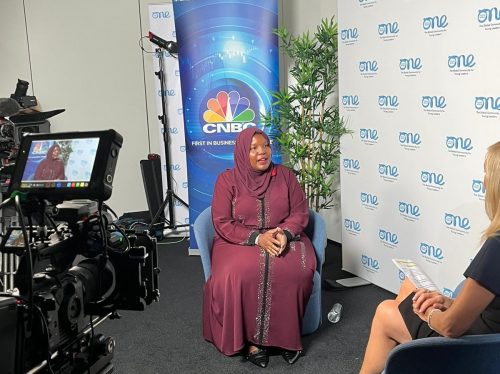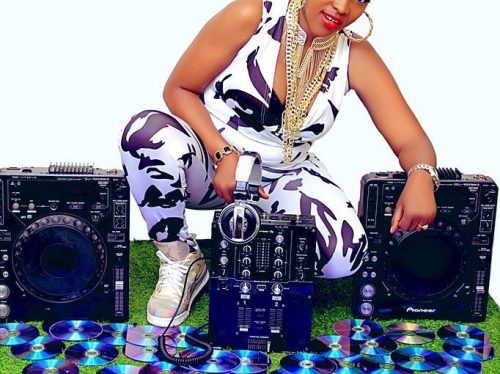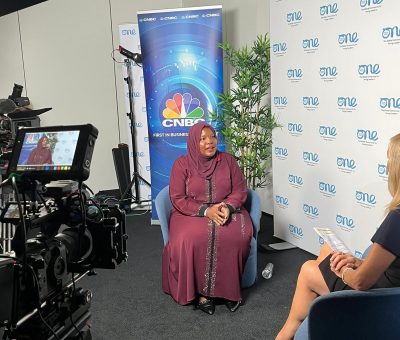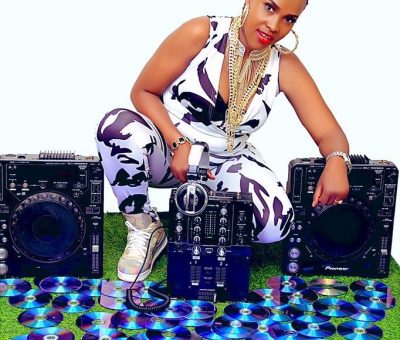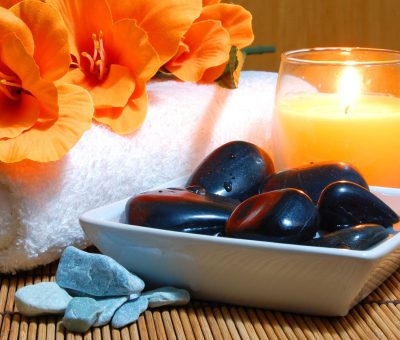Parental guidance: Why and how to talk to children about body image
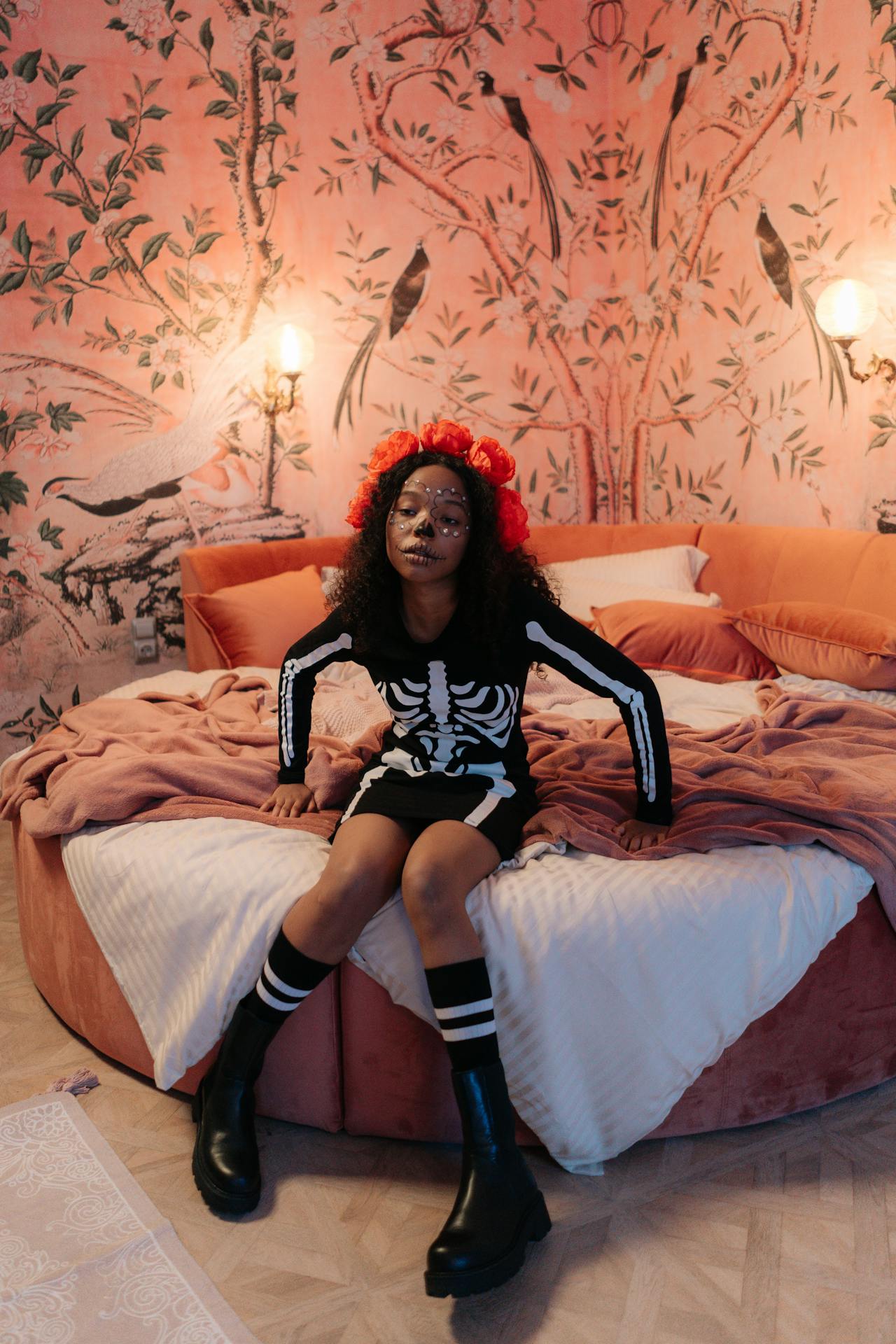
According to a 2021 report by the World Health Organization, global estimates show that 1 in 7 of 10-19 year olds experience mental health conditions, resulting from many factors including body image dissatisfaction.
Beauty trends are dictating how women and men should look and children are catching up. Now is the time to end it.
We have all come across videos of children wearing makeup, wigs and teenage boys hitting the gym to get six packs. If you haven’t watched it, you have somehow come across a parent who doesn’t mind her teen daughters sharing her lipstick.
These conversations seem like unpopular opinions, because society has introduced children to various vices, that they shouldn’t know at an early age and now body image isn’t a topic parents consider important.
Dr. Senyonjo Frank highlights that muscular hero action characters are some of the things that affect boys at a young age, when it comes to body image.
“Boys are exposed to muscular hero action characters, toys and shows that instill a false belief of how a man should look like, which is misleading,’’ he says.
Gloria Niwamanya, a mother to three teenage girls, says she started talking to her children about body image when she found her 9-year-old daughter wearing her body shaper.
“As a parent I was mad that she went through my things but then I realized it was the best time to talk to them about appearance and body image,’’ she narrates.
While it may be a difficult topic to bring up, it is important to have this talk with children as early as possible.
“I used different images of women of different ages to illustrate, and make them understand that they are beautiful naturally in whatever shape or size. I also set some guidelines and emphasized that makeup and certain hairstyles will only be accepted when they are 18 years and older,” Niwamanya says.
Childhood should be a time of freedom and happiness for all children whatever the gender, but society has changed and children have been exposed to perfection and a lot of bullying.
Here are 5 ways to deal with it
Talk to children early
A recent study revealed that social media can trigger children to dislike their bodies. Unlike children of earlier years, children today spend a lot of time using digital devices and on social media where toxic beauty content is in abundance. That is why conversations about beauty should start as early as a child notices she has bigger cheeks or developing acne. Let them know that one’s appearance is not a measure of their value and it shouldn’t affect how they feel or think.
Every child is unique
Explore their identity as early as children notice that they are different. Ensure to explain why and make them aware that they are perfect in their own body and skin. Boys will start noticing voice changes, hair on their bodies and girls will start to experience various body changes like weight gain or hair under their armpit. It is every parent’s role to initiate conversations about body image because they trust you. Use dolls or cartoons to illustrate uniqueness, so that they are able to feel confident in their being different.
Set guidelines
Every parent has their own method of parenting but whichever method you choose, set guidelines. Some parents allow their children to start using make up or dieting at 16 while others wait until they are older. Let the children know what is allowed, what is not, why and when the restriction will be lifted.
Allow them to explore safely
Go makeup shopping with them and encourage skin health based shades and less layers. Because this is an information generation, children are exposed to so many opinions and forms of information that may mislead them. It is your role as a parent to guide them safely. If a boy is obsessed with getting the perfect toned body, start them on home chores like lifting items at home instead of gym machines.
Teach them to appreciate others Often, boys are left out of conversations about body image yet they are the ones that shape it for the females. Educate them about appreciating others without judgment. Compliment them about how perfect they are; remind them that beauty is not what gives them value but what they are capable of in regards to impacting society.



